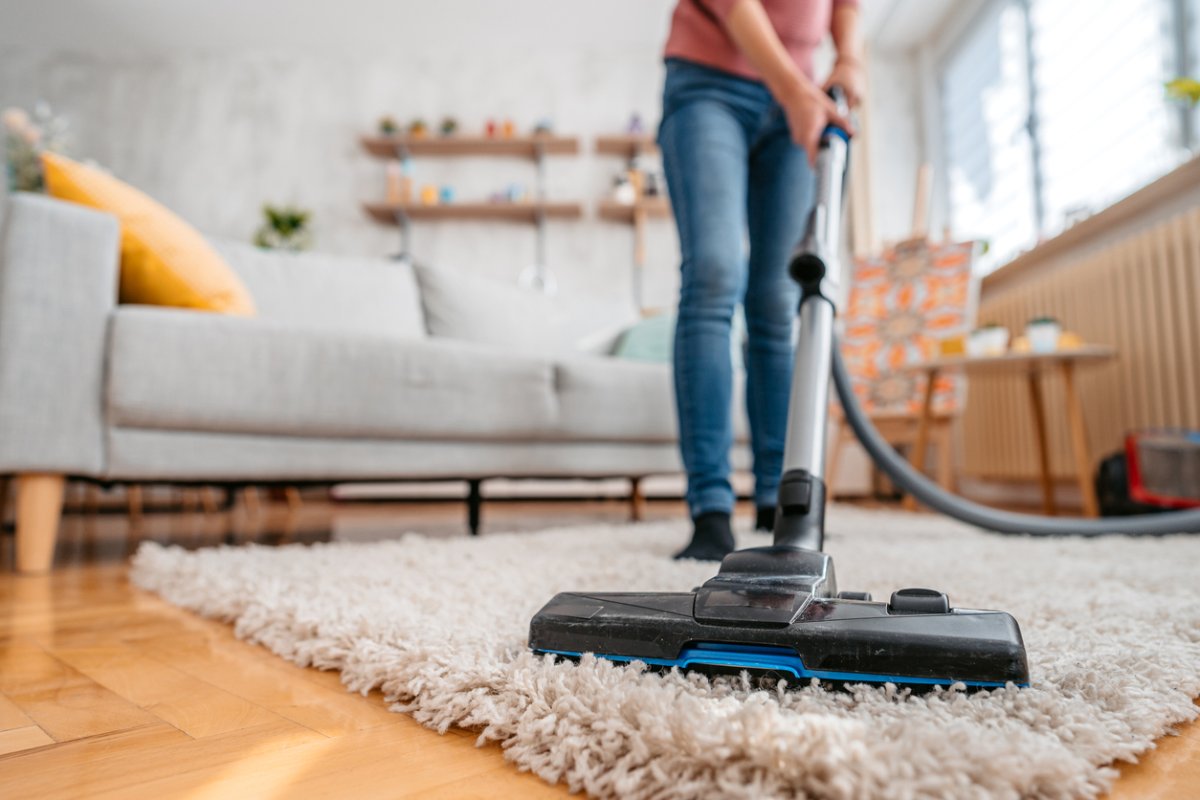We may earn revenue from the products available on this page and participate in affiliate programs. Learn More ›
I Wouldn’t Vacuum That If I Were You
Vacuums were a wonderful invention. They make it so much easier to keep a home free of dust and debris. However, there are certain things you’ll want to avoid sucking up with your household upright or cordless vacuum. Some items can damage the inner components of the vacuum, rendering it useless or requiring costly repairs, while others may clog the filters and lead to a dusty mess in the room. A shop vac may be able to handle some of these items, but no matter what type of vacuum you’re using, you should stop and think before you try to suck up a questionable item, and always avoid anything potentially damaging or toxic.
RELATED: 7 Ways You’re Vacuuming Wrong
Liquids
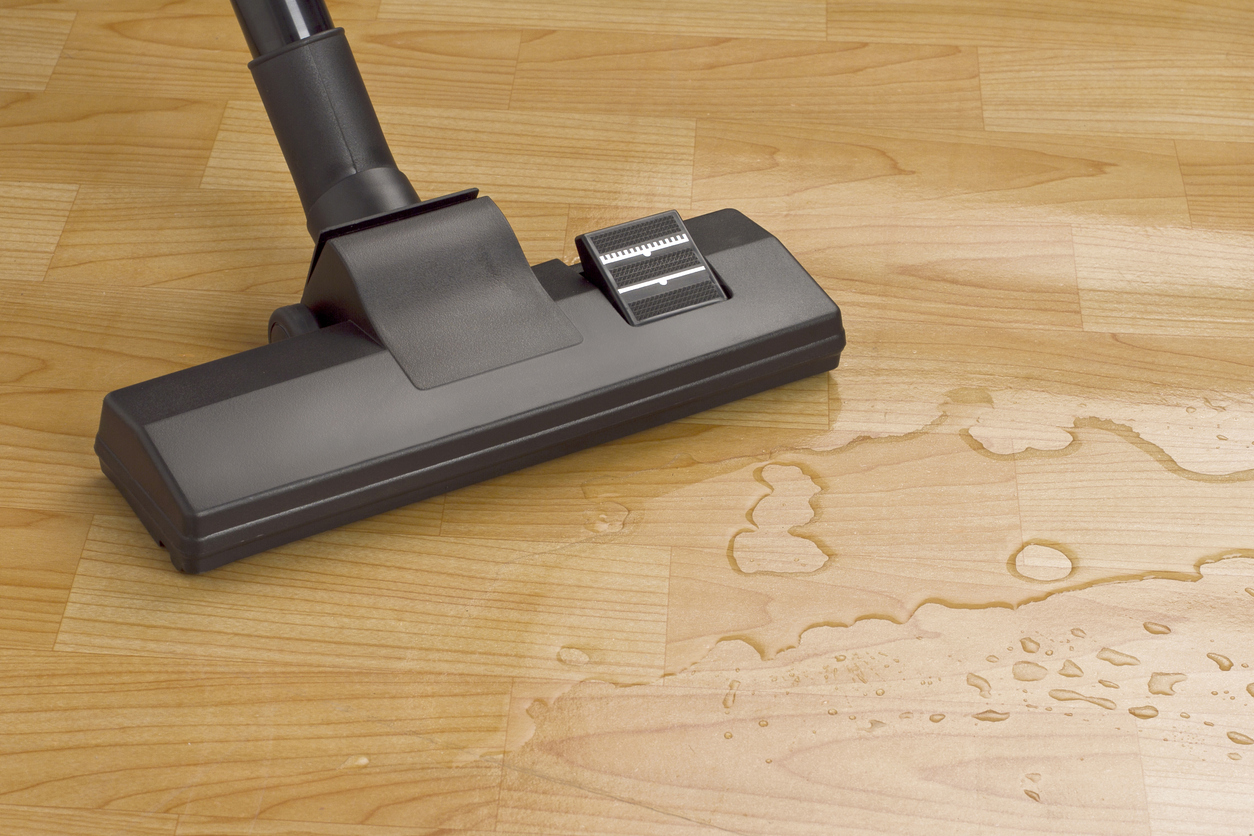
Sucking up liquids with a standard vacuum cleaner is never a good idea. Standard household vacuums are not designed to handle liquids, which can get trapped somewhere inside the machine instead of making it all the way to the bag or dirt cup. Liquid inside the appliance can cause it to malfunction and may even encourage mold to grow. Yet more dangerous is the potential for electrocution. Always keep vacuums and other electrical appliances away from liquid. Using a standard vacuum to suck up liquid messes is not only bad for the appliance but possibly deadly for you.
RELATED: The Best ‘Shop Vacs’ (or Wet/Dry Vacs), Tested
Ash
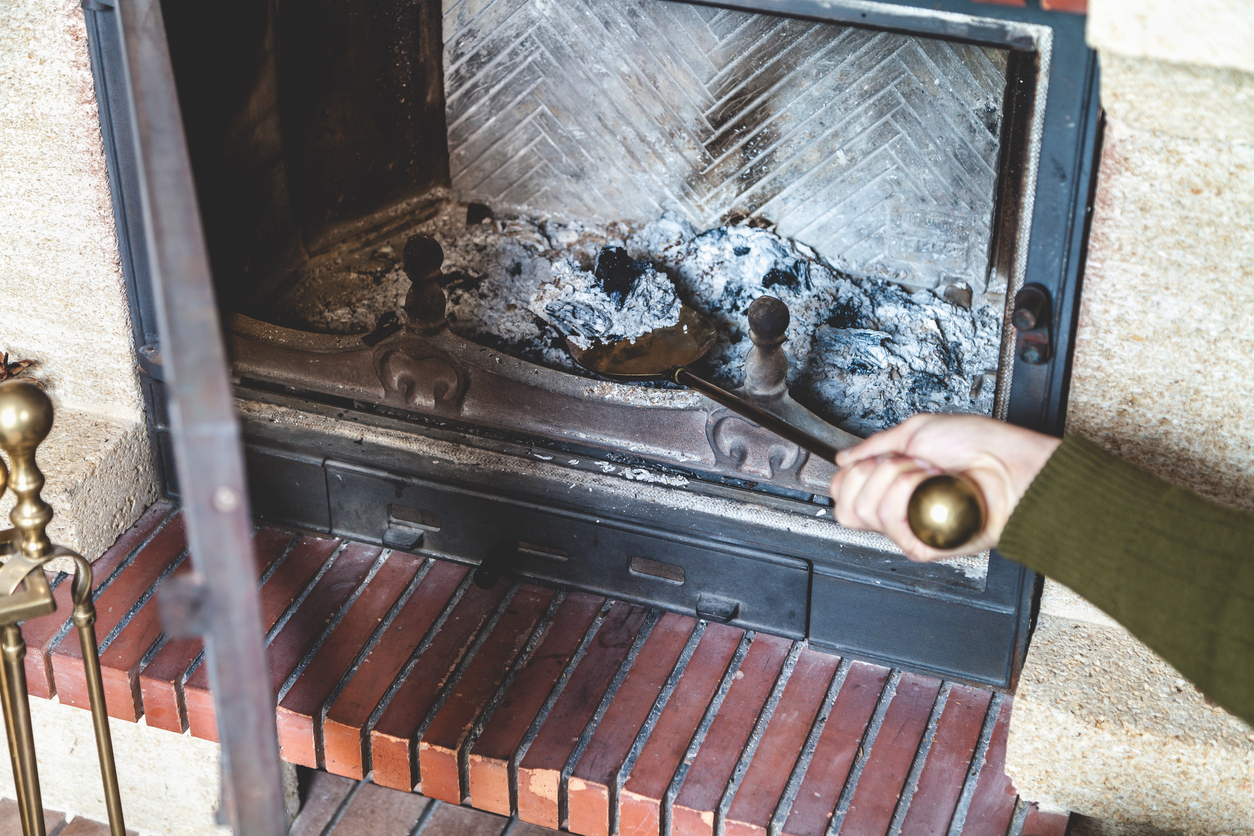
You should never use your vacuum to clean up ash in a fireplace. If you try to suck up the tiny particles with your vacuum, they’ll probably end up just blowing right back out into the air. Additionally, because ashes can hold heat for a while after a fire has been extinguished, vacuuming them up too soon could be a fire risk. If you insist on vacuuming up ashes, give them a minimum of 4 days to cool down before cleaning them up.
Clumps of Hair
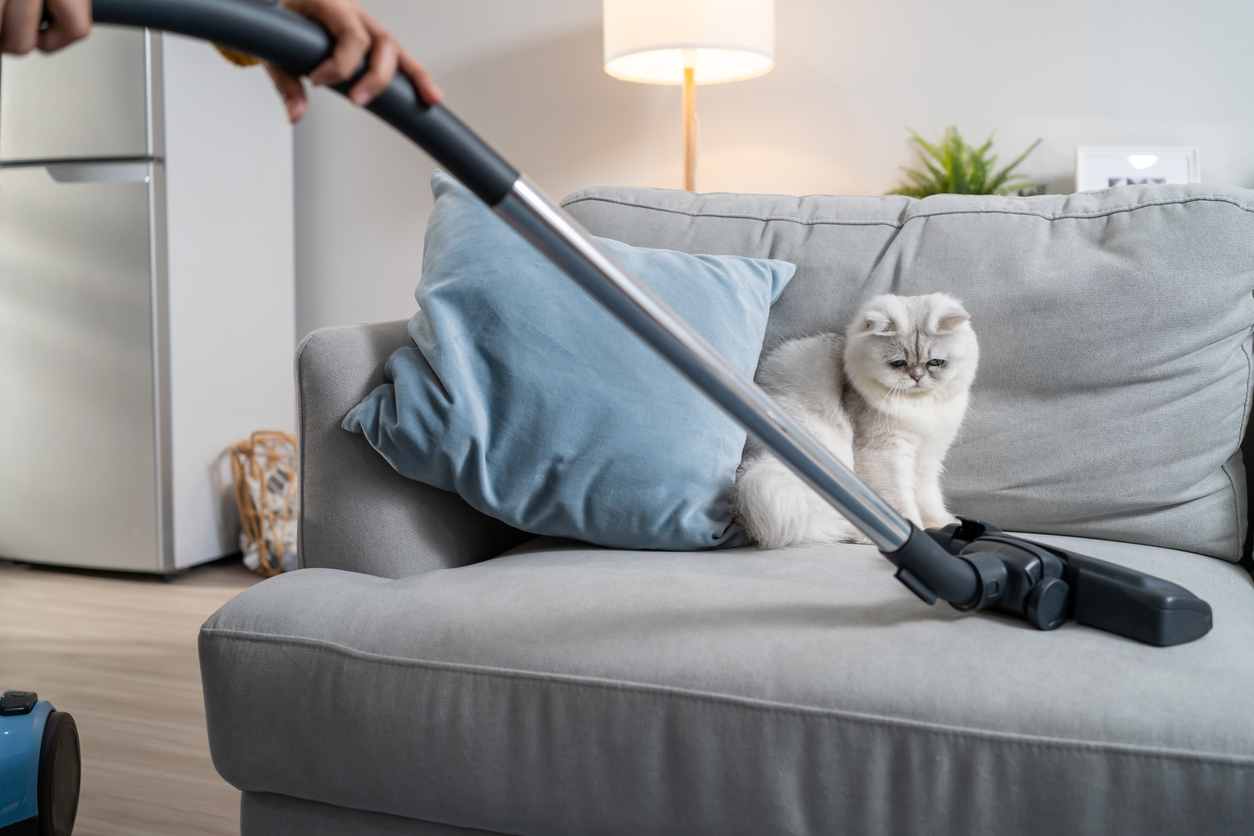
Pet hair vacuums are great for keeping the house clean, especially if you have dogs or cats who are heavy shedders. However, even a pet hair vacuum shouldn’t be used to suck up huge clumps of hair. Trying to suck up too much hair at one time can create a clog, which will be a pain to clean out. Vacuuming up big clumps of hair also makes it more likely that some of the hair will get tangled around the brush roll, which will then also need to be cleaned. Before you start vacuuming, use a broom and dustpan to pick up any clumps of hair on the floor.
Broken Glass
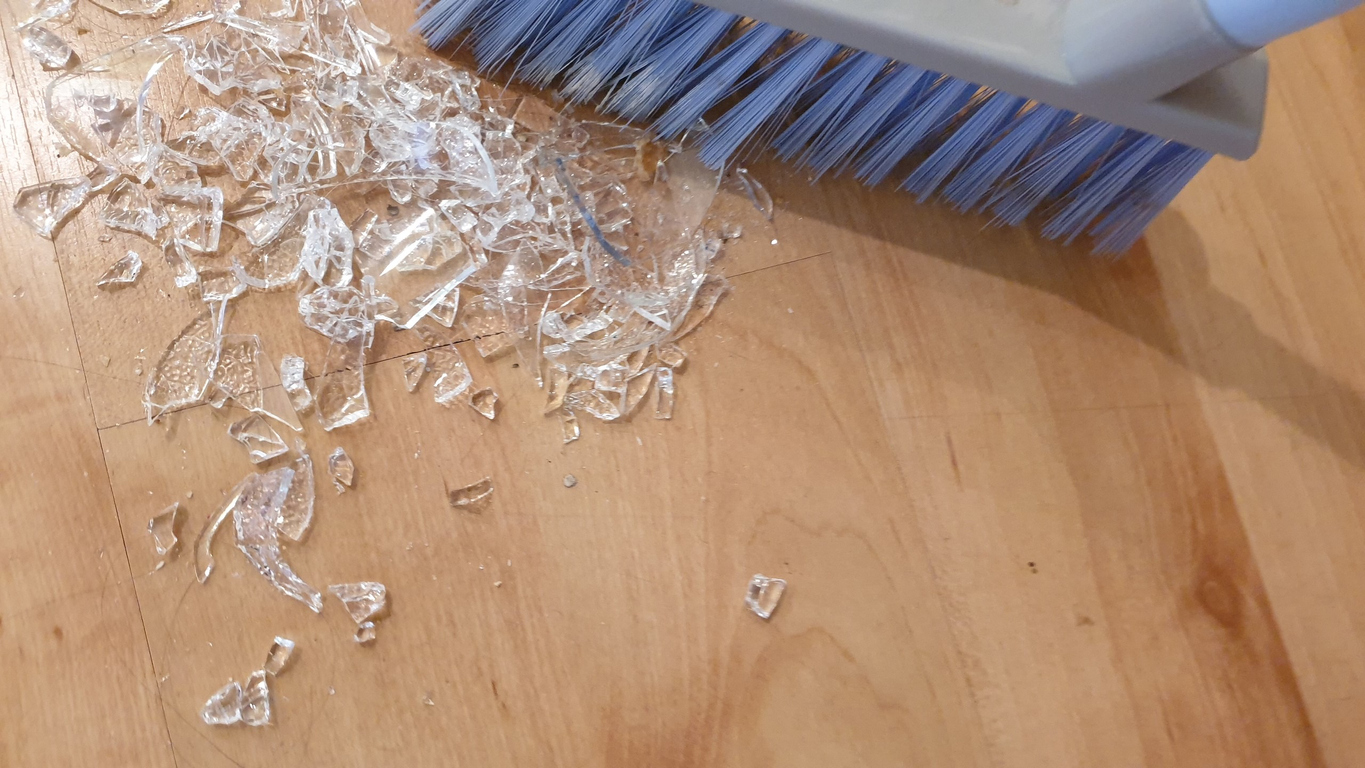
When there’s broken glass on the floor, your first instinct may be to vacuum it up to get rid of it as quickly as possible. However, that isn’t such a good idea. The sharp edges of the glass shards could damage the vacuum’s bag or inner components, potentially ruining the appliance or making costly repairs necessary.
Coins and Paper Clips

Stop to pick up stray coins, paper clips, tiny toys, or any other small items on the floor before you run the vacuum. While some of these may look small enough to fit through the vacuum’s hose, they could get stuck somewhere inside the vacuum or cause damage to the motor or another component. The time you’ll save by not stopping to bend down and pick something up will quickly be erased by the hassle caused by sucking up something you shouldn’t have.
RELATED: Suck It Up: 11 Vacuum Attachments You Should Own (and How to Use Them)
Used Coffee Grounds
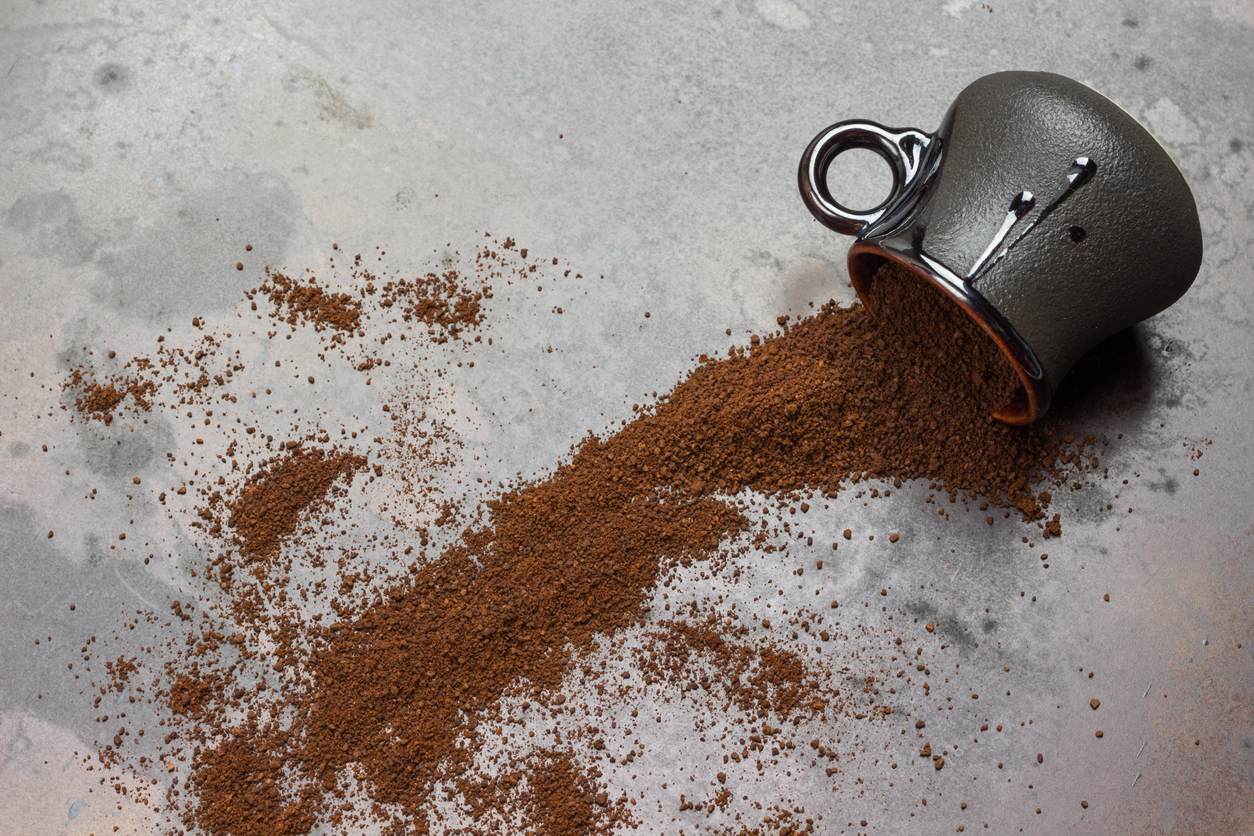
When you spill wet coffee grounds on the floor, vacuuming them up is not the best option. While vacuuming may seem easier than grabbing a broom or trying to use a paper towel to pick up the fine particles, the grounds could get stuck in the hose or inside the machine, where they could potentially cause mold to grow. Even worse, the grounds could find their way to the motor and stop it from working properly.
Fine Powders
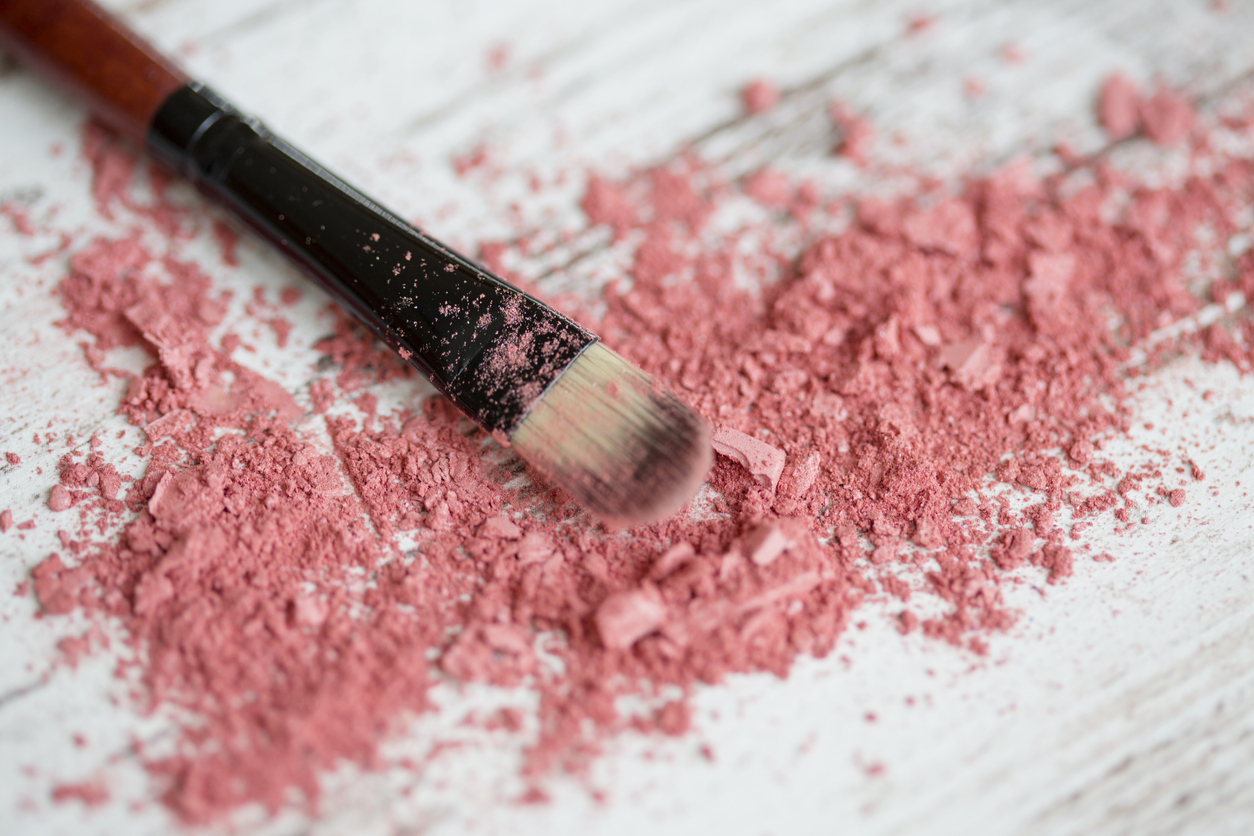
Trying to vacuum up fine powders and particles, such as sawdust or makeup, isn’t advisable. Very fine powders can get into the vacuum’s motor, causing it to burn out. Even if they don’t affect the motor, the tiny particles may simply be released right back into the air, where they could have a negative impact on the room’s air quality.
Soil
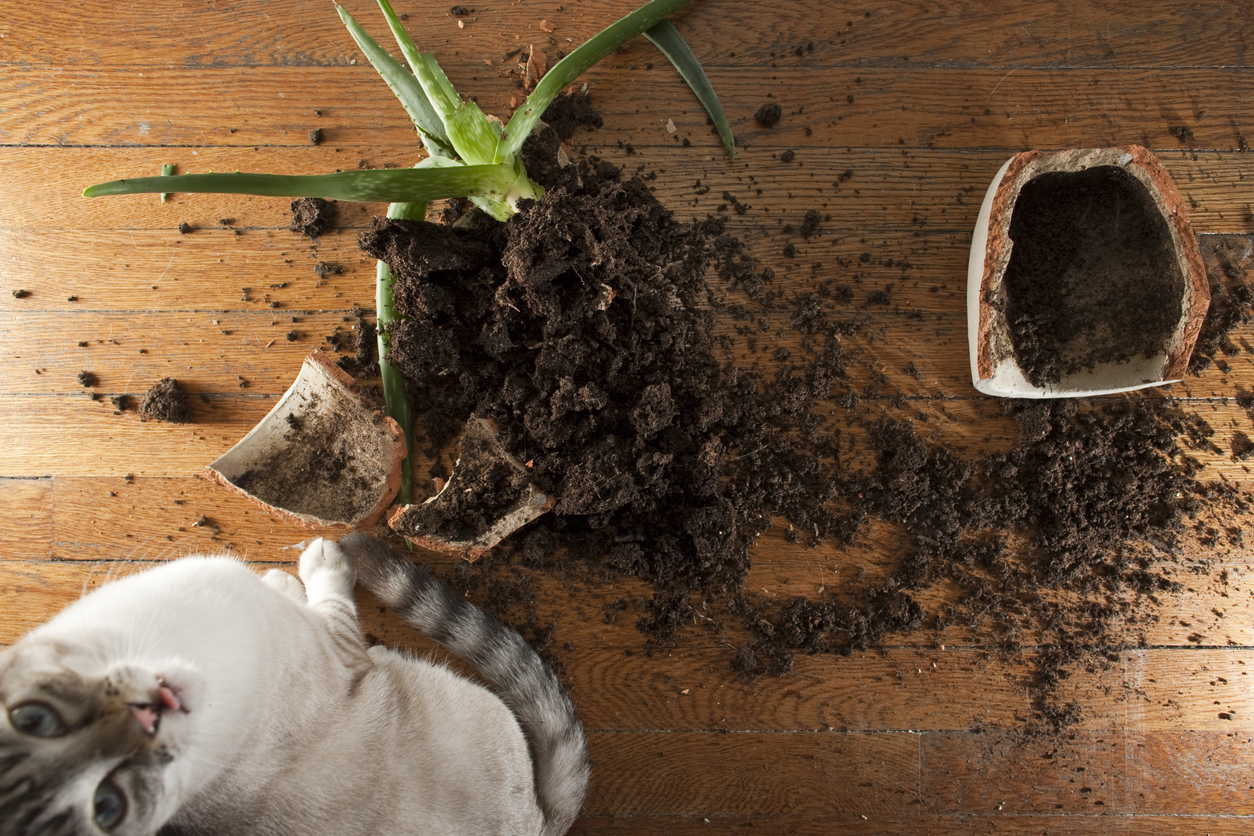
Trying to vacuum up soil also isn’t a good idea. If the soil is on a carpeted surface, you’re likely to just push it further into the fibers, creating a bigger mess to deal with. Even if the spilled or tracked in soil is on a hard floor surface, you shouldn’t try to clean it up with a vacuum. Doing so could make certain components, including the cleaning head, dirty, and they could transfer that soil to the next surface you vacuum, leaving it dirtier rather than cleaner.
RELATED: We Tested the Top Handheld Vacuums, See Our Favorite for Quickly Cleaning Small Messes
Cords and Cables
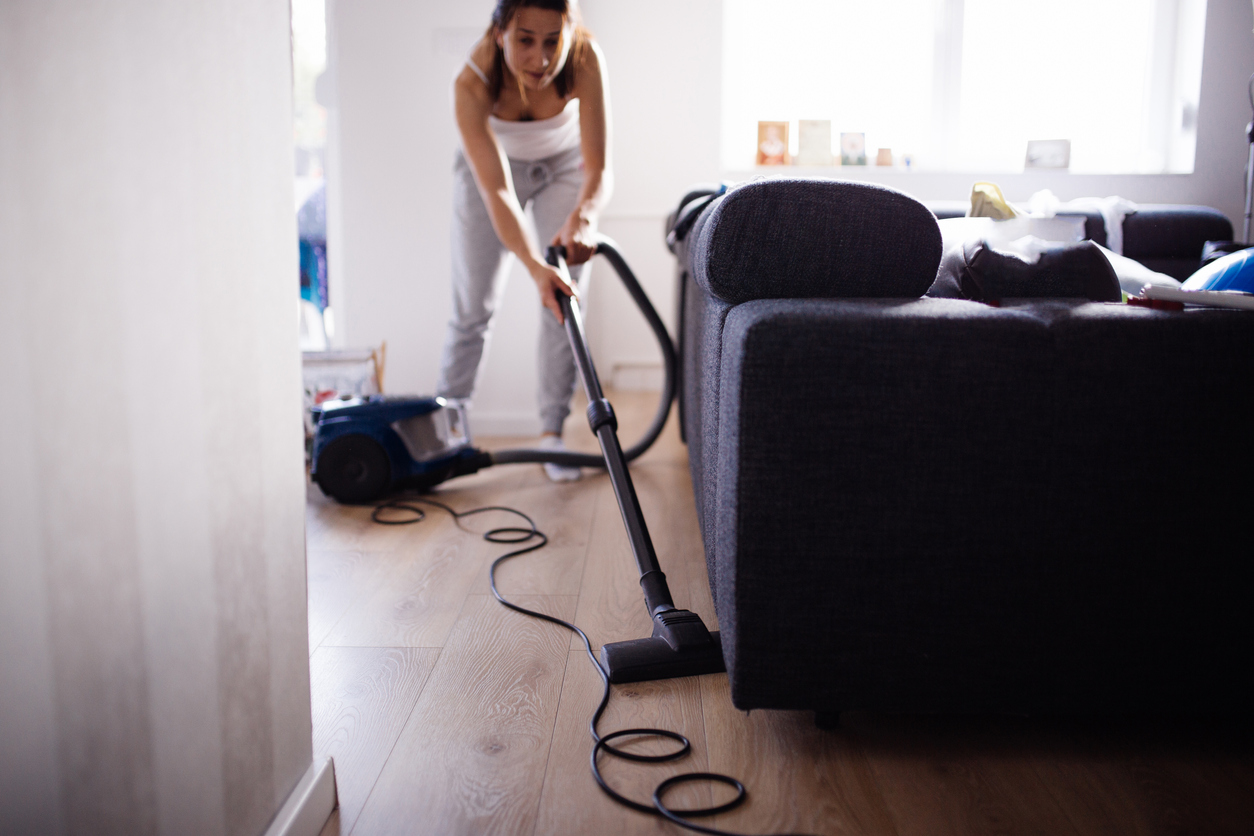
It’s unlikely that you’ll try to suck up an electrical cord or cable, but you may try to push your vacuum over one that’s in your path while cleaning. This is a bad idea. If you catch the cord the wrong way, the vacuum could damage it, exposing the wires, which is a safety hazard.

